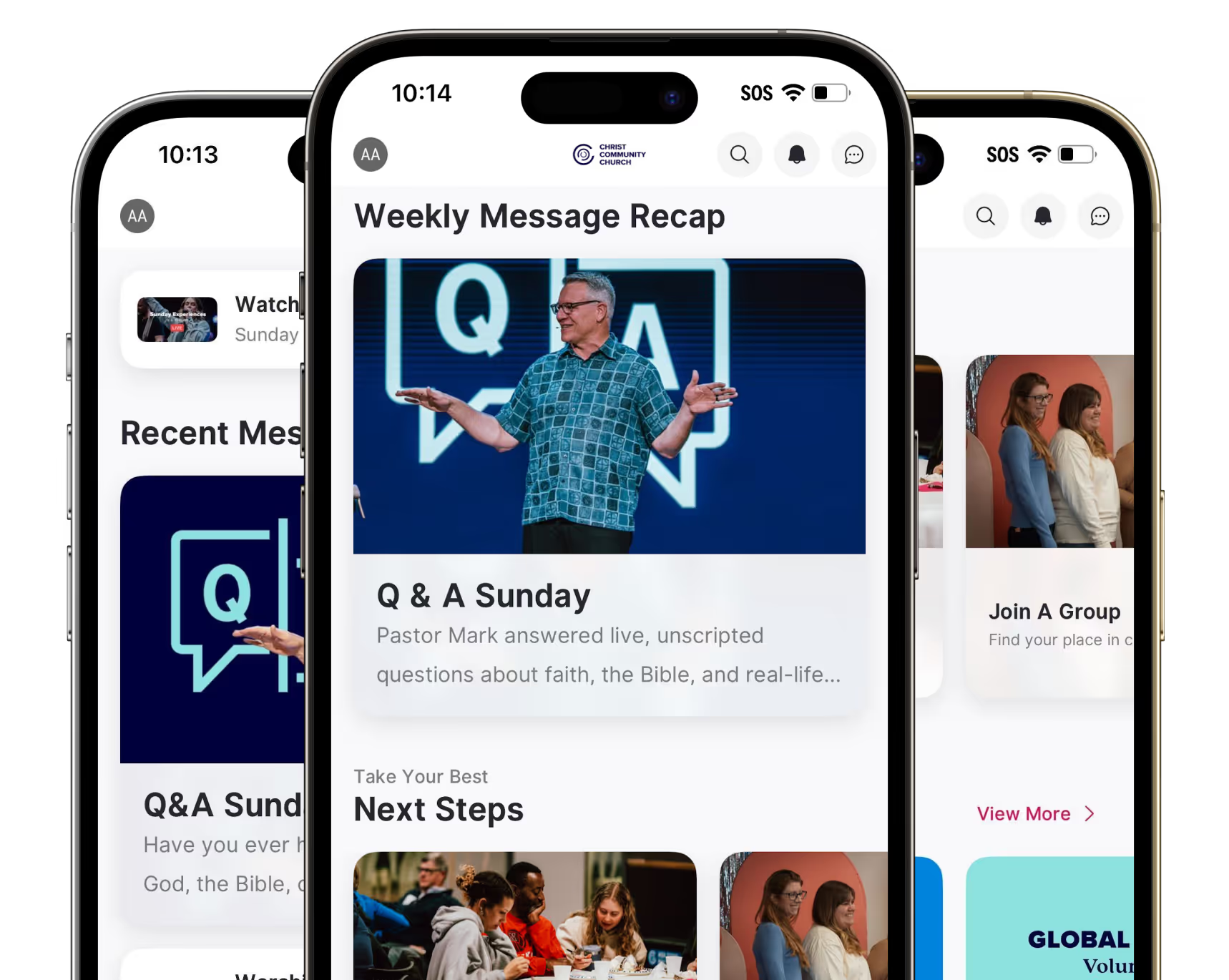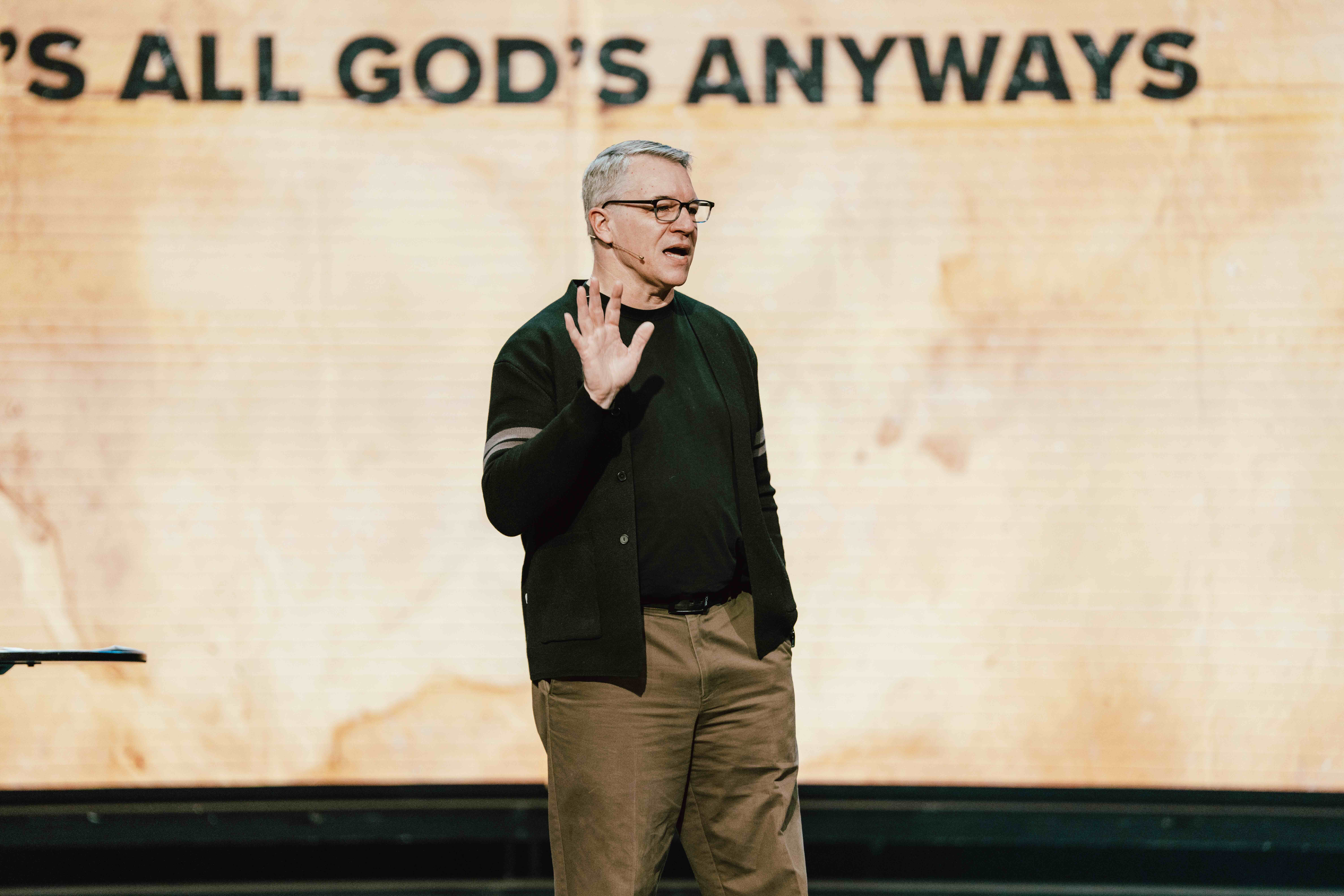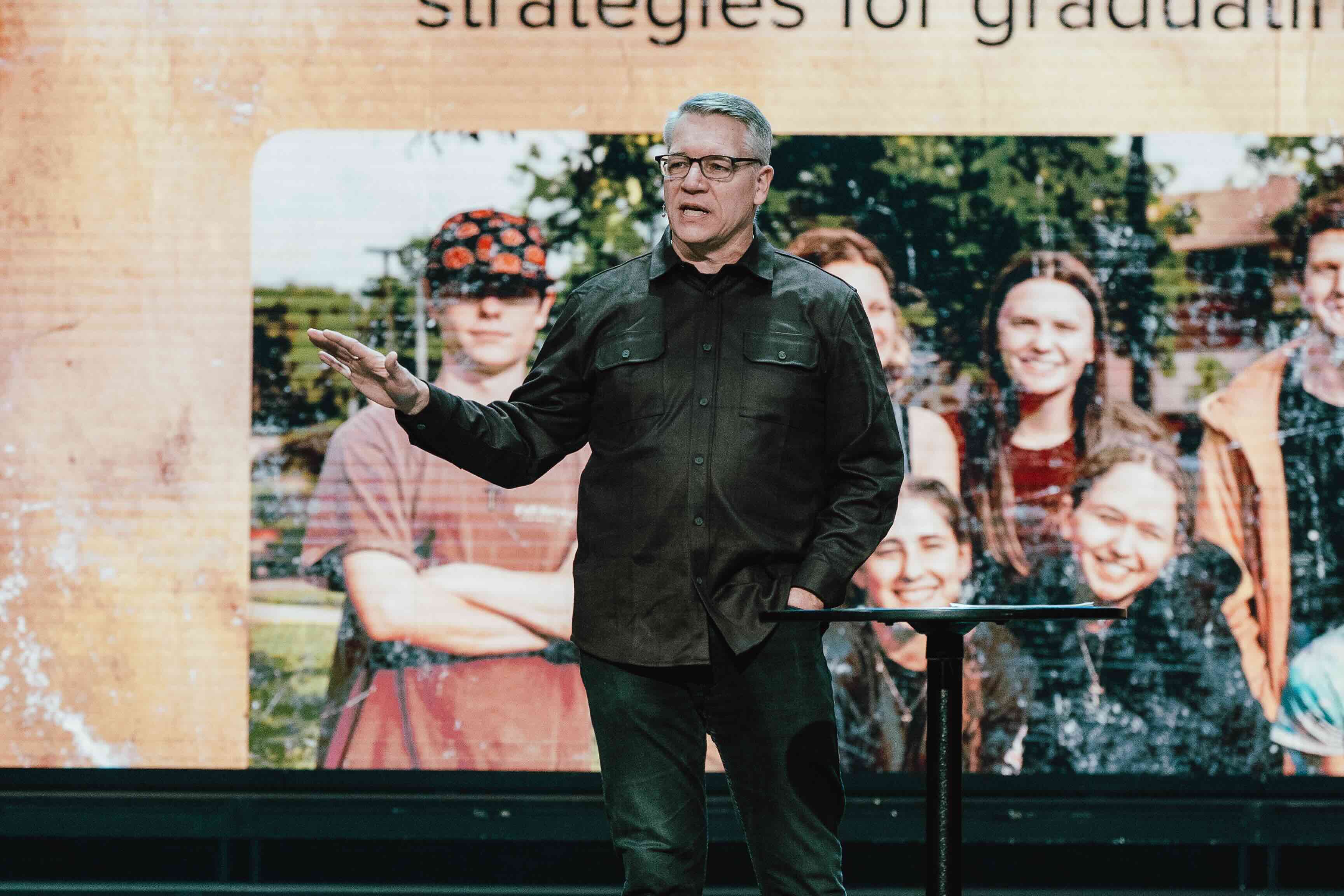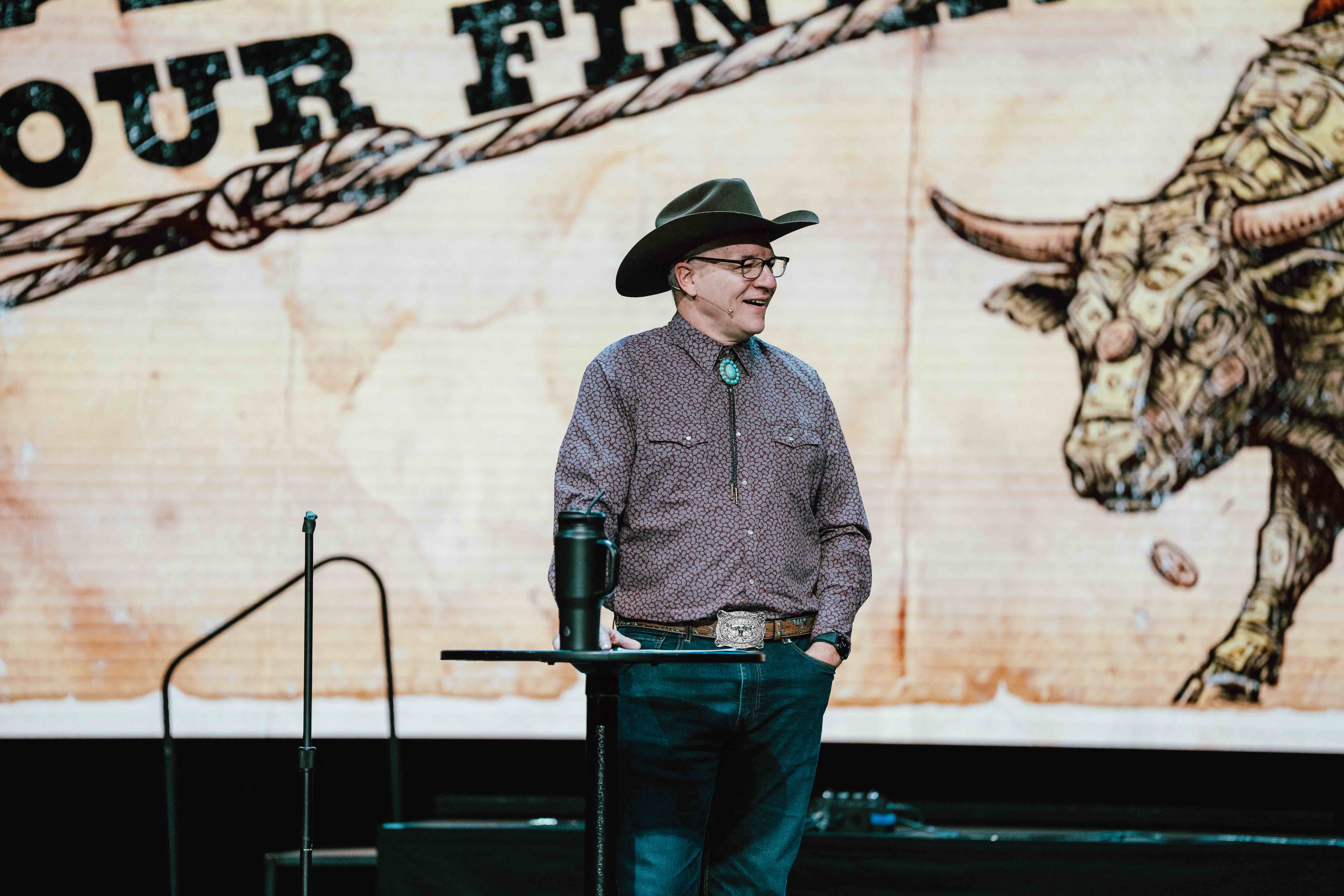Can God Use Me?

It’s a joy to share an update on what God is doing in West Africa. For the better part of the last 20 years, I’ve served as an international worker with the Christian and Missionary Alliance. As a young nurse, I felt called to use my skills among people with little or no chance to hear about Jesus—part of the 40% of the world, 3.4 billion people still unreached with the Gospel.
In 2005, I was sent from my home church, Christ Community Church, to Gold Kingdom, where I worked at Koutiala Hospital for Women and Children until 2021, when increased security threats forced our team to leave. Now, God has opened a new door in West Africa, a country on the westernmost tip of the continent. I live in the town of Thiès—spelled with a “Th,” but pronounced like the game “chess.”
I’m deeply thankful for generous giving to the Great Commission Fund, which supports about 700 international workers like me. Your support provides everything from plane tickets to housing and language study. Thank you for making this ministry possible.

A New Phase: God’s Invitation in West Africa
When I first visited Thiès in January 2023, I met local believers eager to use medical care to make a difference for the Kingdom. The C&MA was exploring ways to establish ministry in West Africa with the goal of planting a national church, and I sensed God’s invitation to partner with a Christian medical association.
West Africa is a spiritually needy region—less than 1% evangelical Christian, with many unreached people groups. In Thiès, a midsized town of 400,000, many young people come to study or work. It’s here that a Christian nursing school recently launched, alongside a small Christian hospital, sparking new ideas for my work.
Unlike Gold Kingdom, which has an established C&MA national church with a 100-year history, West Africa has no national C&MA church and far fewer believers. Over the last two years, I’ve been learning a new language, meeting new people, and experiencing God as my anchor in new ways.
Sharing God’s Word through Orality
As the Africa orality regional coordinator, I’ve seen the power of sharing Bible stories in cultures where oral tradition is central. Seventy to eighty percent of people globally are oral learners—preferring to listen and share stories rather than read. In six African countries, local teams are telling and training others to tell Bible stories in their languages. I’ve had the privilege of traveling to Côte d’Ivoire and Gabon to support this work.
In Côte d’Ivoire, we trained over 400 people. Afterward, a woman told me, “You came for me! I never knew how to share about Jesus with my friends and neighbors, but now I know what to say.” In Gabon, we partnered with local believers and connected with Wendy Hoffman, an ophthalmologist from my home church.

Living the Story: Feeding the 5000
One of my favorite ways to teach is through stories like the Feeding of the 5000. I tell the story, repeat it, and have the group retell it. Then I guide a discussion with seven simple questions:
- What did you like?
- What did you not like?
- What did it teach you about God?
- What did it teach you about people?
- What touched you most?
- How will you apply it?
- Who will you tell the story to?
This approach allows listeners to engage personally, trusting God’s word to speak powerfully.
The part of the story that always challenges me is the boy giving his lunch to Jesus. He offered what little he had, and Jesus multiplied it. I don’t carry five loaves and two fish in my purse, but my lunch is my life—and true power and multiplication happen when my life is placed in Jesus’ hands.
Three Examples of Offering My Lunch
First, my first year and a half in West Africa focused on settling in and studying Wolof. Building relationships through language is foundational in this region. Finding a place to live was daunting—after moving multiple times, I rented a large yellow house that felt too big. Yet God provided not only a home but also a welcoming community. My neighbors helped me learn the language, opened doors for Bible studies, meals, and even a neighborhood back pain clinic. Like the boy with his lunch, I felt inadequate, but Jesus multiplied what I offered.
Second, the nursing school, IISI (International Institute for Wholistic Health), was created to train Christian nurses in West Africa to live out their faith in healthcare. There’s a severe shortage of Christian healthcare workers, making the school’s mission critical. IISI’s director reminds students: it’s not only about talking to your patients about Jesus, but also talking to Jesus about your patients. After language school, I began working at IISI three days a week, helping with practical needs like organizing the school’s paperwork. When a short-term team from CCC visited, one woman, Liz, spent a day fixing squeaky, broken filing cabinets. Liz thought she had little to offer, but her service was essential—and it reminded me that nothing offered to Jesus is insignificant.
Third, through our palliative care program, we met Mama Oumou, a widow from the Fulani people group, one of the largest unreached groups in the world. Despite chronic illness and malnutrition, she chose to offer her life to Jesus, even joining our team to visit and encourage others in need. This widow, who by the world’s standards has nothing, is living her five loaves and two fish in Jesus’ hands, opening doors for others to hear about Him.

Offering Our Lives to Jesus
Whether we feel like we have little or much, it’s never about the quantity—it’s about who we place it in the hands of. Our greatest temptation is to compare what we have with what others offer, but what matters is giving what we have—our lives—into the hands of Jesus.
With 40% of the world still unreached, it will take all of us—each offering our five loaves and two fish—to see the Gospel reach every nation.
Message recap adapted from July 6, 2025, message by International Worker Carey
Download Our App
Grow in your faith and build daily habits using our app.




